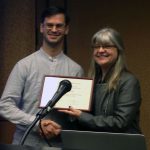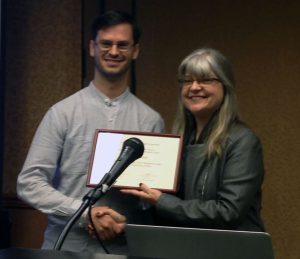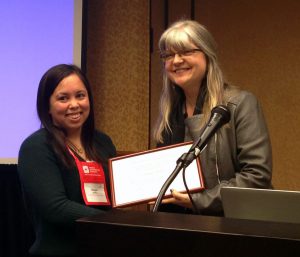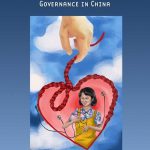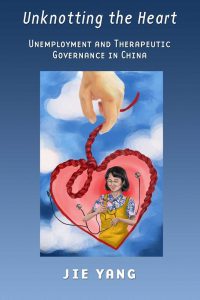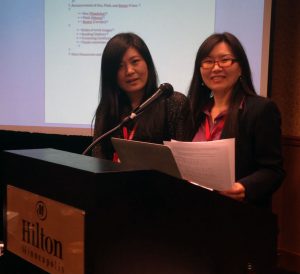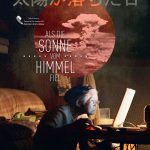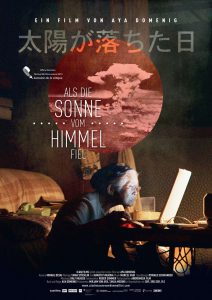The Society for East Asian Anthropology awards the 2016 Theodore C. Bestor Prize for Outstanding Graduate Paper to Adam Liebman for his paper entitled “Waste-Product Trading and Colloquial Urban Sociality in Kunming, China.” Adam is a Ph.D. Candidate in Sociocultural Anthropology at University of California, Davis.
Megan Steffen, who recently received her Ph.D. in Anthropology from Princeton University, was awarded honorable mention for her paper entitled “The Value of Emptiness: Zhengzhou’s Empty Houses and the PRC’s Housing Bubble.”
Named after the first president of SEAA, the Theodore C. Bestor Prize is awarded annually for the best graduate student paper on any aspect of East Asian anthropology and/or East Asian anthropology’s contribution to the broader field. Carolyn Stevens (SEAA Secretary and Professor of Japanese Studies at Monash University) chaired the 2016 Bestor Prize Committee, which included Gordon Mathews (SEAA President and Chair of the Anthropology Department at Chinese University of Hong Kong) and Sealing Cheng (SEAA Councilor and Associate Professor of Anthropology at Chinese University of Hong Kong).
The deadline for submissions for the next Bestor Graduate Paper Prize (for papers written by graduate students in 2016) is May 1, 2017. For more information: https://seaa.americananthro.org/awards/bestor-prize-for-outstanding-graduate-paper/
*****
2016 Bestor Prize Citations:
Winner: Adam Liebman (Ph.D. Candidate in Sociocultural Anthropology at University of California, Davis)
Paper Title: “Waste-Product Trading and Colloquial Urban Sociality in Kunming, China”
Award Citation: This paper was distinguished by its clarity of argument, ethnographic richness and theoretical sophistication. Liebman’s topic is of importance to those in Chinese Studies but the concept of ‘colloquial urban sociality’ is highly applicable to all anthropologists looking at the ways in which people forge lives for themselves in cities around the world, and outside ‘formal’ labor and economic structures that are promoted by their governments. Firmly connected to theoretical and ethnographic literature that comes before, Liebman’s paper makes fresh contributions to our understanding of ‘class consciousness’ and individual in changing urban Chinese society as well as injecting new insight into the materiality and the meaning of ‘waste’ objects in people’s daily lives.
Honorable Mention: Megan Steffen (Ph.D. 2016, Department of Anthropology, Princeton University)
Paper Title: “The Value of Emptiness: Zhengzhou’s Empty Houses and the PRC’s Housing Bubble”
Award Citation: This paper, also on a timely and provocative topic in contemporary Chinese society, was chosen for honors because it particularly highlights the meaningful and vivacious relationship between the ethnographer and informants through examples of vivid personal dialogue as argument. The prize’s namesake, Theodore C Bestor, is an anthropologist whose writings have always highlighted and valued respectful personal relationships with his informants; Steffen’s paper continues and excels in that engaged ethnographic tradition. As Steffen eloquently gives voice to these Chinese young women through her writing, we are reminded that ethnography comes from the people, freely given to the anthropologist as a gift of friendship as well as information.
2016 Bestor Prize Selection Committee:
- Carolyn Stevens (SEAA Secretary and Professor of Japanese Studies at Monash University), Chair
- Sealing Cheng (SEAA Councilor and Associate Professor of Anthropology at Chinese University of Hong Kong)
- Gordon Mathews (SEAA President and Chair of the Anthropology Department at Chinese University of Hong Kong)

